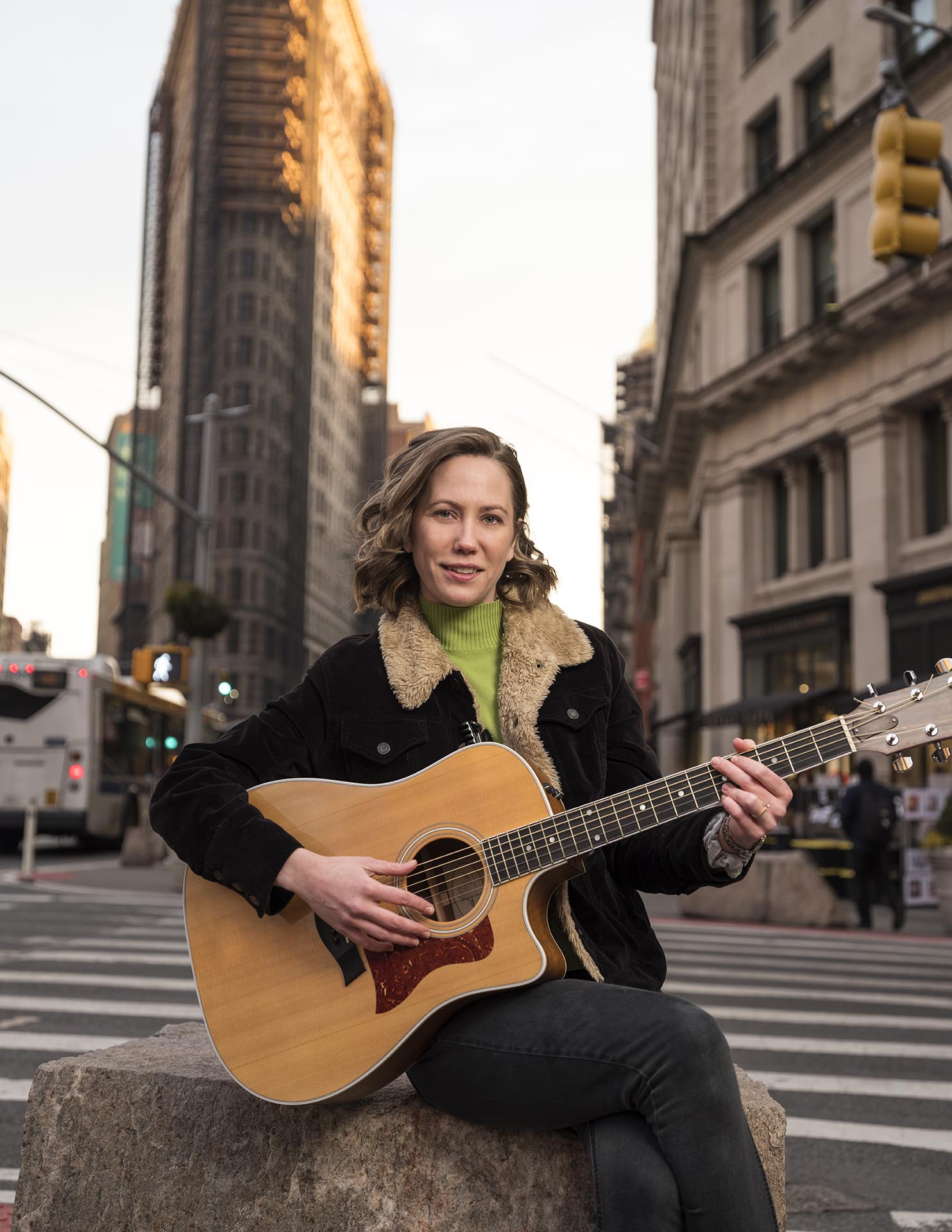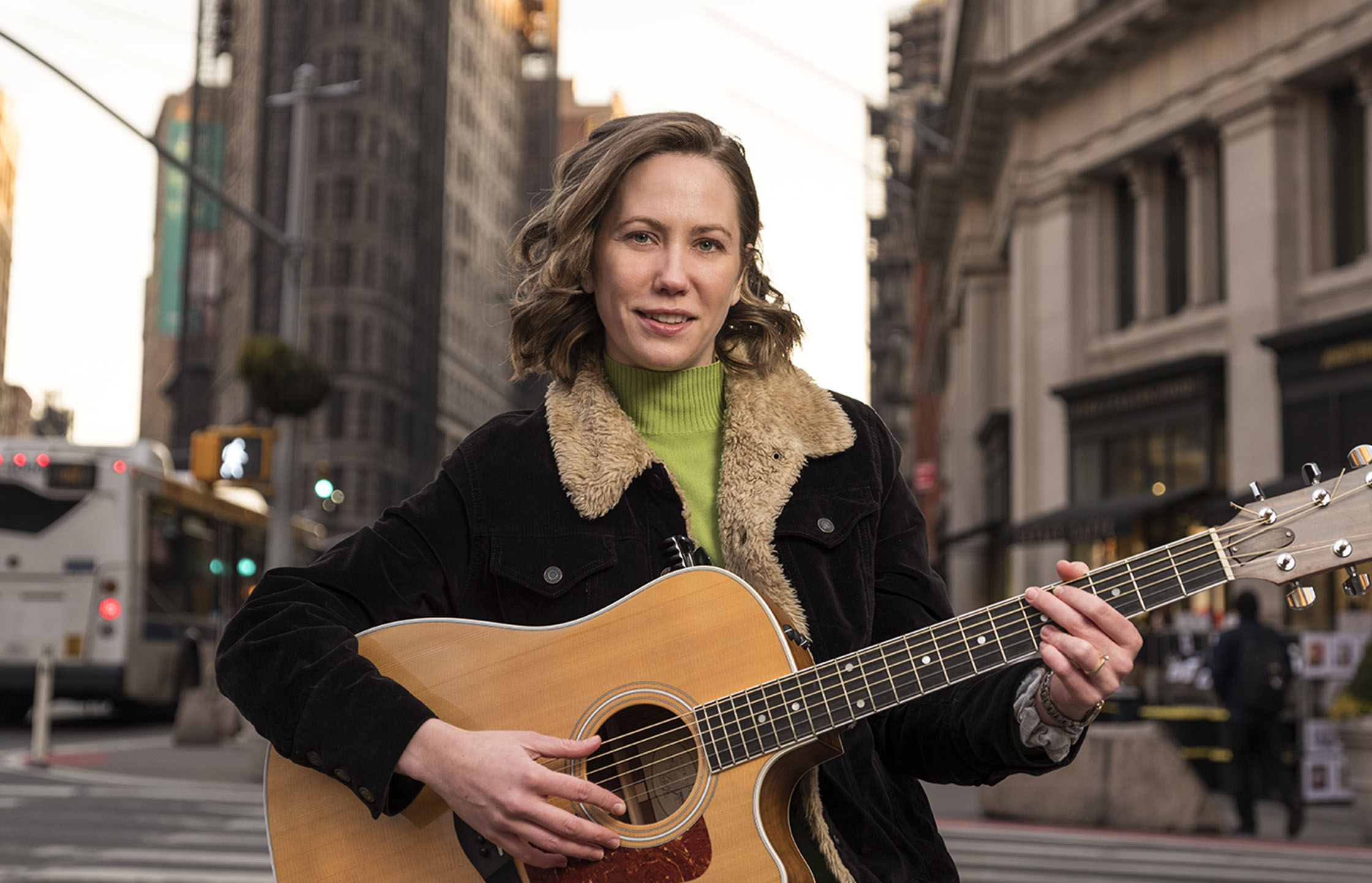‘Baby No. 1’ Is All Grown Up
Justine Jones was the first of more than 300 children conceived and born through an innovative fertility program at The Miami Project to Cure Paralysis

Photograph by Peter Freed
“
Thanks to you and your team, I was born!” That short sentence from an email sent to Nancy Brackett, Ph.D., three years ago opened the door to a hoped-for reunion once the pandemic has finally passed.
The email came from Justine Jones, born Jan. 31, 1992, introducing herself as the very first child resulting from the Male Fertility Research Program, part of The Miami Project to Cure Paralysis at the Miller School of Medicine. The program was started in 1990 by Dr. Brackett, now retired, whose research centered on finding ways for men paralyzed by spinal cord injury to overcome infertility and become parents.
“My dad, Douglas Forbes, had been paralyzed in a motorcycle accident,” recalled Jones a few days after her 30th birthday. “He and my mom wanted to have a baby by any means necessary.” The couple, living in Boca Raton, was invited to participate in the program, and after months of experimentation, conceived their only child.
Unfortunately, Justine’s father passed away when she was 8, and her childhood memories of him have been supplemented by those of her mother, who remarried, and his four sisters. “Growing up, they often reminded me that I was special, and that this was not a common thing,” said Jones of her “Baby No. 1” status. Her curiosity about the program and its progress led her to contact Dr. Brackett. “It was amazing to learn from her about the procedures my parents and other couples in the program went through,” she said. “I respect that so much.”
Jones, a content creator and marketer for a digital media company — as well as a budding musician and occasional DJ — has since moved from Brooklyn, New York, to Jacksonville, Florida, where she and her fiancé recently bought a house. She is attempting to connect with the other children in her initial, and remarkable, cohort. “We’re all turning 30 about now and should celebrate what our parents and the researchers accomplished,” she said. “We share a unique bond and experience.” ![]()



